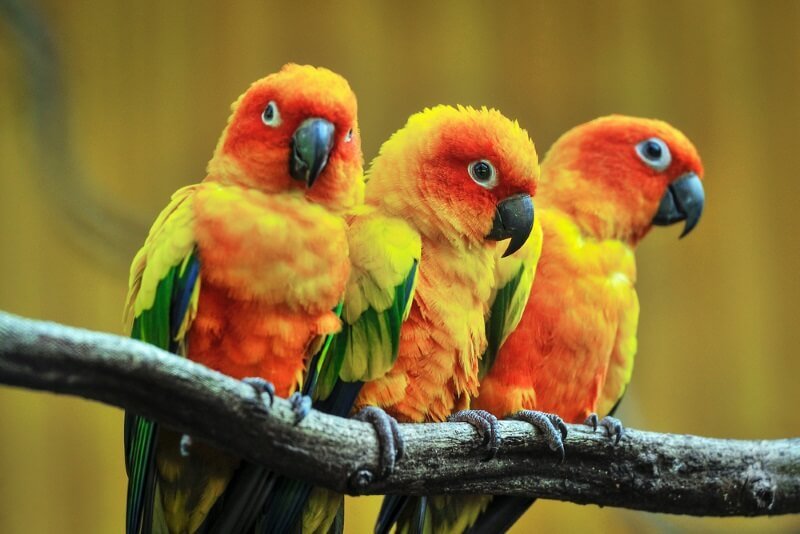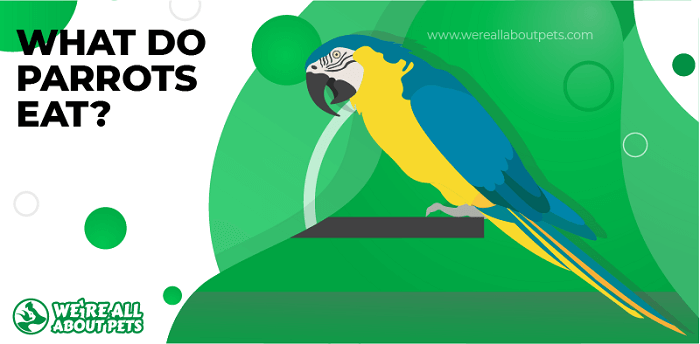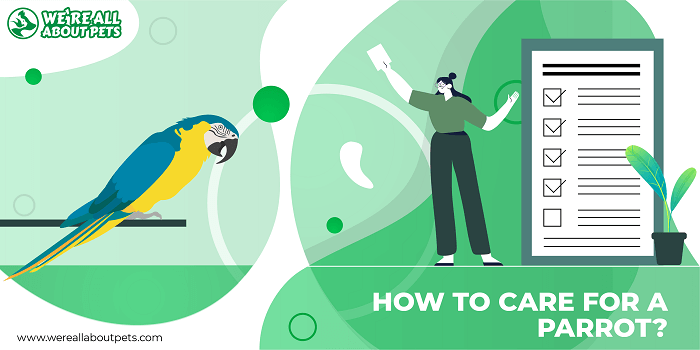10 Smartest Talking Birds To Keep As Family Pets
This page contains affiliate links. We may earn money or products from the companies mentioned in this post through our independently chosen links, which earn us a commission. Learn More
Birds are popular pets, and the enthusiasm to own a bird often comes from the hope that they will talk, do tricks and generally entertain! However, not all our feathered friends are great at talking or tricks, so check out these top chatterboxes to avoid disappointment.
How To Teach A Bird To Talk?
Birds don’t have vocal cords as we do, so their speech is produced in the same way that their song is. Birdsong is often thought of as a pleasant thing, but their voices can range from the beautiful to the more harsh and shrieking, so it’s important to know what you’re getting into.
Birds don’t learn to speak just by themselves, it requires plenty of time and patience. A good bond between owner and bird is essential for most birds to begin mimicking words and phrases. Pick up some tips and tricks to get your bird talking here.
Which Bird Should I Get If I Want Them To Talk?
Many birds are intelligent and can learn tricks and mimic sounds, but not all can learn to talk. Parrots are often quoted as being ‘talking birds’, but not all parrot species are good at speech.
Here are some bird types to think about if you want a good old chat with your pet!
#1 The African Grey
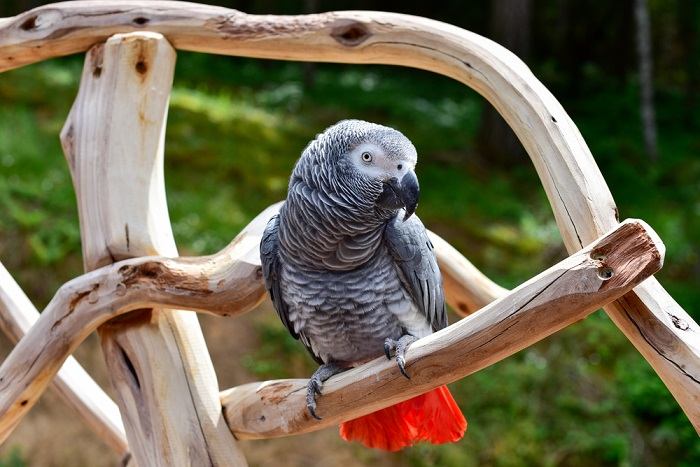
With their distinctive grey colour and flamboyant red tailfeathers, the African Grey is one of the most intelligent species, as well as striking. Some of these clever birds have been reported to have a vocabulary of over a hundred words and short phrases, and seem to pick up speech rapidly.
They are widely regarded as one of the best talking parrots. They tend to form very strong attachments to a single owner, and their learning of tricks and speech can depend on the strength of this bond. They can also mimic sounds that they hear regularly.
#2 Budgerigar
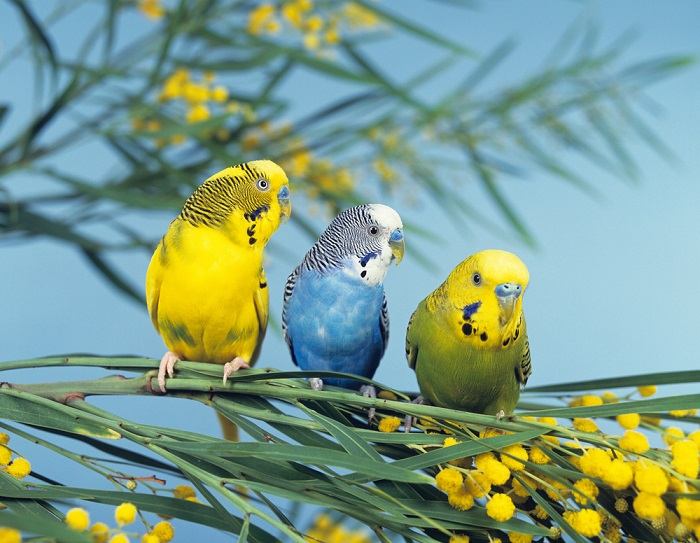
Small, but very chatty! Budgies often have quite deep voices for their size, but are known for the wide-ranging vocabularies as well as their bright plumage. Budgies can learn up to 500 words and phrases.
They are also very social, so enjoy spending time with their owners, learning words and performing for a crowd. The Guinness World Record for a talking bird in 1995 was held by a budgie!
#3 Yellow-Naped Amazon Parrot
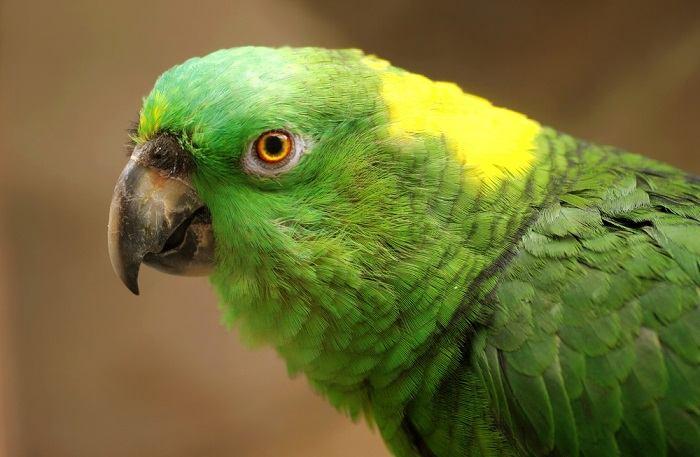
Many types of Amazon Parrot are known for their speech abilities. The yellow-naped variety start talking very young. They are very social and form a strong bond with their owner.
They need plenty of time and attention, which helps with learning speech. Spending so much time with people means they are excellent at mimicry. They can also learn songs they hear around them.
#4 Double Yellow Head Amazon
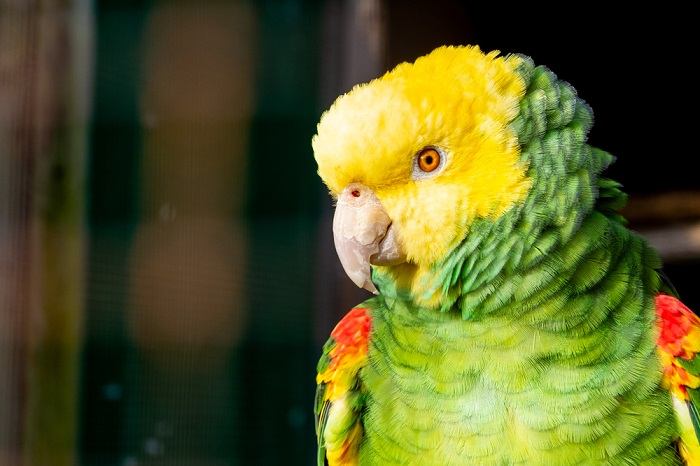
Another type of Amazon Parrot which deserves a mention is the Double Yellow Head. They have an incredible capacity to mimic different voices and love to sing. They are known to sing along with their owners and are very affectionate as well as intelligent.
These traits make them highly popular, but take note: they can be extremely noisy and indulge in long screeching sessions so may make you unpopular with neighbours!
#5 Indian Ringneck Parakeet
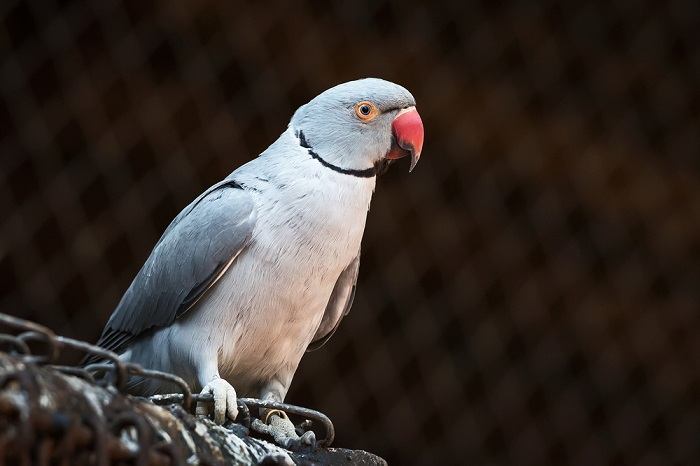
Originally known for mimicking daily prayers from religious leaders in their native India, they have now been domesticated and are popular pets. Talented talkers, they can learn longer phrases as well as single words, sometimes up to around 200 words.
Indian ringnecks are also very smart and love learning tricks.
#6 Quaker Parrots (Monk Parakeets)
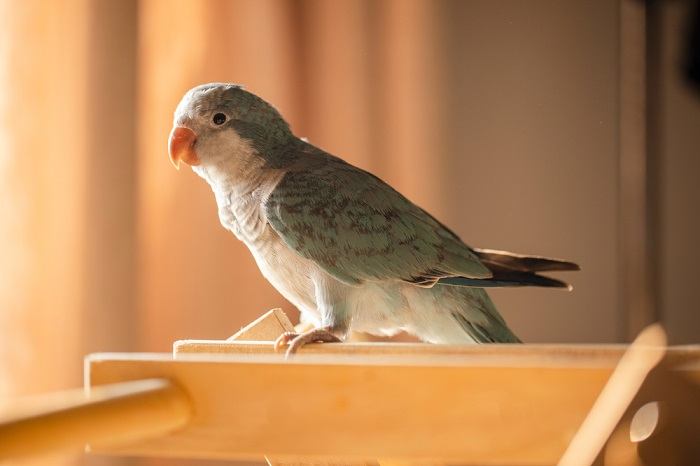
These sociable birds are quick learners, and can pick up words very quickly even if you are a novice bird owner without much experience. They are very popular, but are illegal to own as pets in some U.S. states so be careful to check local laws.
#7 Eclectus
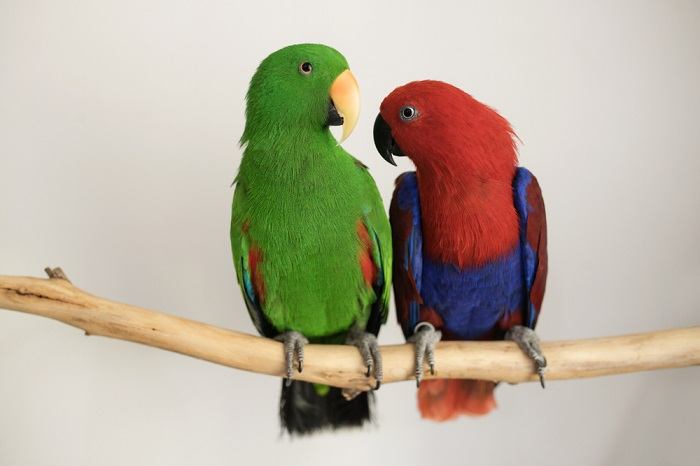
These parrots strike a good balance between being able to pick up a good amount of words without being excessively noisy. Their voices are often very musical and easy on the ear.
They are also known to be gentle and friendly, making them a good choice for a pet.
#8 Cockatoos
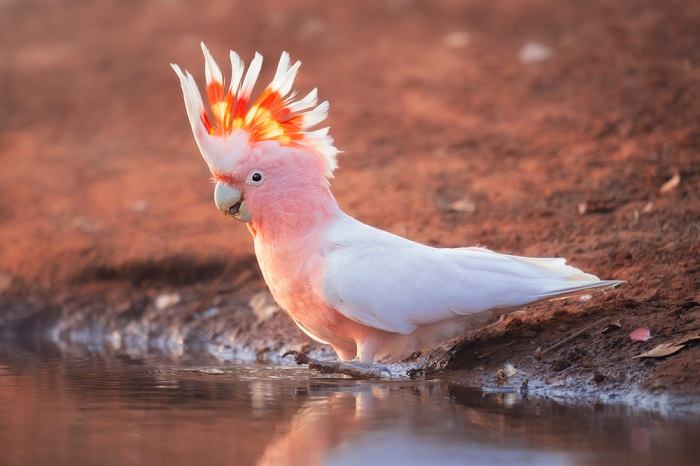
These birds are extremely social and require large amounts of time socialising with their owners. They are not one of the best for learning speech, but these hours of time spent with their owners mean they can pick up some words and short phrases, and also learn to perform tricks.
The yellow-crested, rose-breasted and long-billed cockatoos are the best at talking.
#9 Hill Mynas
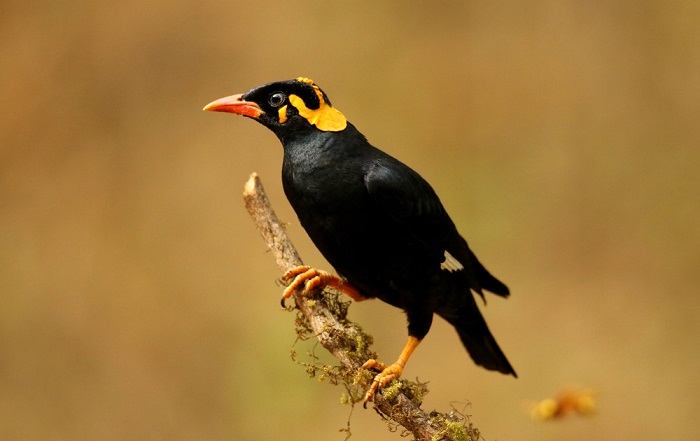
Native to Southeast Asia, these birds can mimic the exact tone of human voices. They can also learn to talk, but are more talented at mimicry. They have a wide range of vocal sounds, including wails and whistles.
#10 Macaws

Not hugely chatty, macaws are more known for their gift for mimicry and general noisiness than actual speech. The blue and gold macaw is likely the best at learning to talk.
Find out more chatty bird species here! A talking pet can be a whole load of fun, but remember that keeping birds as pets requires plenty of time and space. Birds can also live for a long time (find out more about lifespans here), so are a big commitment to take on.
Frequently Asked Questions
Which bird can talk?
Various parrot species are best known for talking, but there are many bird species that can learn to talk, and to mimic human speech and song.
What is the most talkative bird?
The African Grey Parrot, various types of Amazon Parrot and the common budgerigar are all known to the very chatty. Speech ability does depend on the bond with the owner and plenty of time and patience, however.
What are the cheapest talking birds?
Budgies and cockatoos are both fairly small and inexpensive, and can talk. All bird species, regardless of size and cost, need a good amount of care and attention.
What birds can sing and talk?
Various types of Amazon Parrot, including the yellow-naped and the double-yellow head are known for their singing ability as well as speech.

